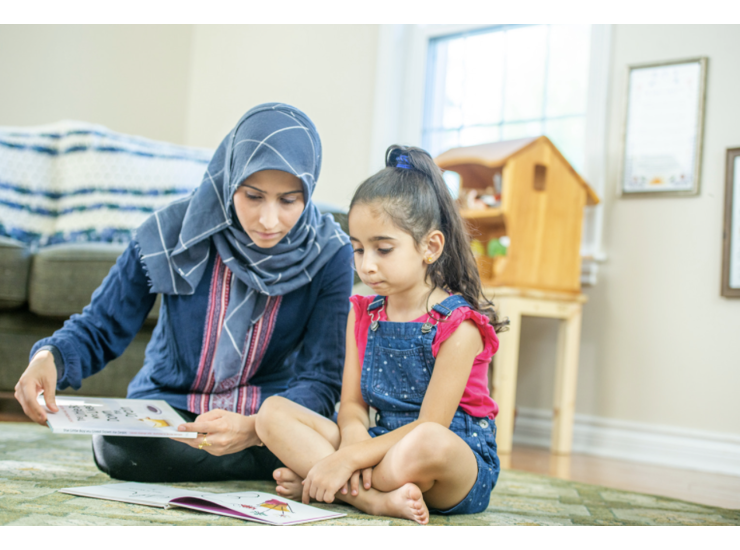
“No dad,” sighed my five year old last night with weary impatience at having to explain such trivial things to her parent, “that’s a trigraph in ‘high’.” Our daughter is now clearly initiated into her phonics training – learning the relations among letters and sounds – but is this technical knowledge the best thing to support children’s reading development?
Alice Bradbury and Dominic Wyse have reinvigorated an important question with their latest research: how can we best support children’s reading development? They conclude that a slavish focus on phonics at the expense of reading for meaning is failing children. The several large-scale academic reviews that have been conducted on this topic are pretty much in agreement on this, that what is required is moderation in all things – a balance between learning letter sounds, learning the components of sounds in words, and learning meaning in supporting children’s reading.
So what does this actually mean for how we should approach language and reading development? There are three lessons to be learned.
First, we already know about effective reading training interventions. When training involves reading comprehension and speech sound skills (in the absence of letters) reading is promoted with long-term benefits. But let’s not throw the phonics baby out with the bathwater just yet. Several carefully-controlled studies have shown that phonics has an important place in supporting reading – we need to know how letters are pronounced afterall. But rebalancing educational policy is important, as phonics trains us on just one part of the language skills that we need to foster.
Second, we know that reading training interventions are more effective for older children. Intensive reading training tends to starts very early in English-speaking countries – in reception classes, or even earlier in preschool settings – but years later in other countries, such as the Netherlands or Germany, where reading skills reach a similar level. Intensive reading training should start later in children’s development. Year 2 would be early enough.
Third, we know that children arrive at school with huge disparities in their spoken language skills. Schools are doing an astounding job in not making these differences larger, but if we genuinely want to level up then we need to support spoken language skills in preschool and in early years of school. Otherwise, teaching reading ends in a cul-de-sac: children know how to say a word but not what it means, which is surely the whole point. We should focus on listening and speaking language skills in the first two years of primary school.
This is already what skilful primary school teachers are doing: supporting children’s spoken language skills and gradually tailoring reading instruction around that blossoming talk. Thanks in no small part to her talented teachers, my daughter knows that “igh” in “high” is a trigraph, but she also knows what “high” actually means. So that’s three lessons about reading. Four if you count the lesson my daughter taught me.

